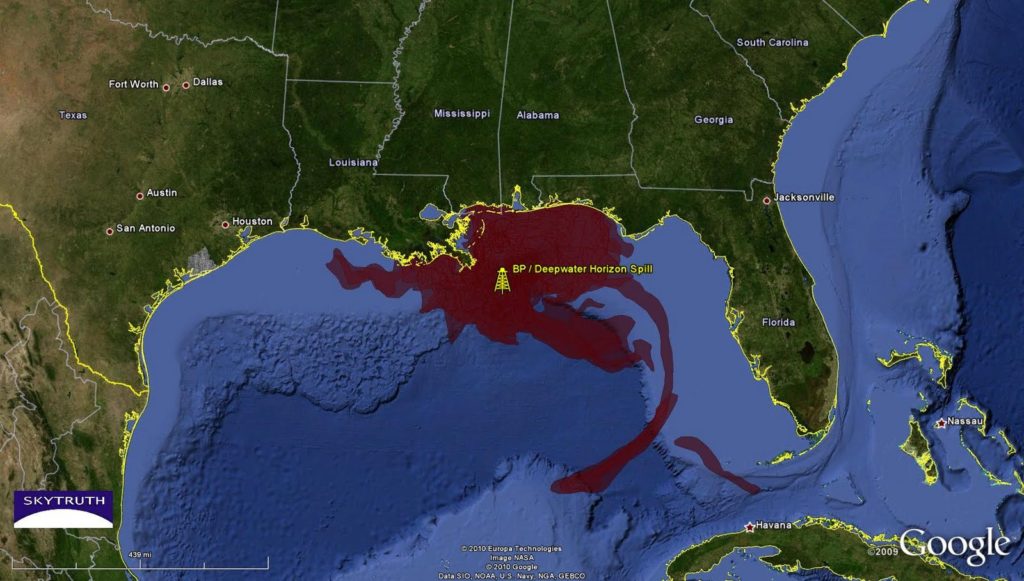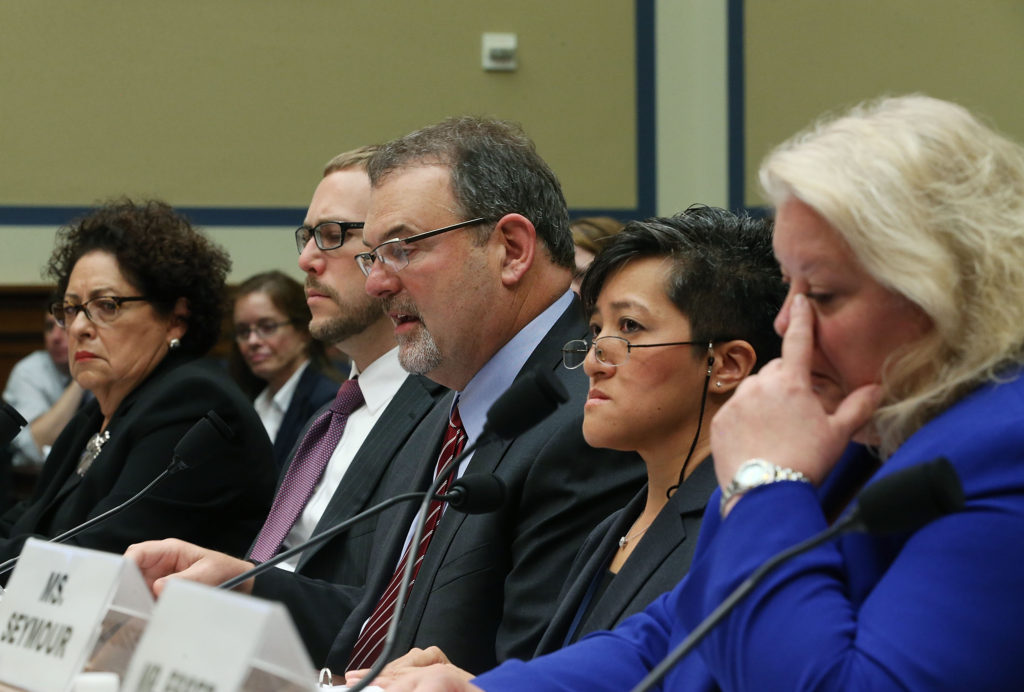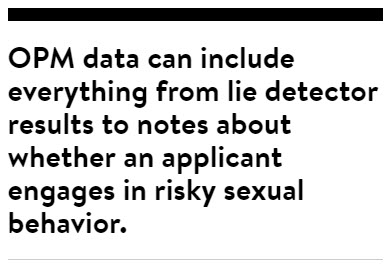Today’s leaders are under a lot of pressure to get results and get them quickly. Strong performance is expected. Let’s face it – winning in the modern highly competitive world is difficult. If you do not achieve success, then you may not last long in your position. That sounds harsh, but it is the reality. New leaders will be brought in to get the job done that is left unfinished by their predecessors. Hitting the easy button is tempting. I am a senior leader and work for one of the best companies in the country. I know first hand the type of pressure that leaders feel. We are expected to succeed. Everyone receives an annual growth target. No one gets a pass, no matter what the market conditions look like. No excuses – get the job done!

Leaders are expected to succeed
As a leader, you probably face the same expectations. But we all know success does not come easy. No – you will be tested at some point. How leaders deal with this test varies. Some thrive on the competition while others struggle to survive. Over the past few years, I have noticed several leadership trends that are becoming more prevalent these days. Some trends are positive like more diversity in senior leadership positions. While others are troubling. For the next few weeks, I will talk about a few troubling trends that I see related to leaders dealing with high-performance expectations and the potential impact they are having on society.
“Blessed is he who expects nothing, for he shall never be disappointed.”
– Alexander Pope
Leadership challenges are complex
The challenges that many leaders face are vexing. Some leadership challenges are complex due to the size of the problem. If it is a big problem it will likely take a long time to solve. For example, in 2010 British Petroleum (BP) faced a huge leadership challenge when one of their rigs spilled an enormous amount of oil into the Gulf of Mexico. Several people died. The oil washed up on the beautiful beaches of the Gulf Coast. It was a huge mess that dominated the news for weeks. It took BP years to recover from this tragic event and the aftermath.

Leadership challenges are uncertain
Other leadership challenges are complex because it is difficult to determine what caused the problem. For example, back in 2009, Toyota had to recall millions of its vehicles. The gas pedal in some Toyota models stuck to the floor preventing the driver from stopping the vehicle. It was unclear what was causing the problem. Fixing this problem took a long time. Once again, several people died and Toyota was in the news for months regarding this problem. Several have studied this problem and it still remains unclear to this day if the gas pedals stuck, or did the drivers cause the accidents. It did not really matter to Toyota – they still had to deal with the situation. It haunted them for years.

OPM debacle – a case study of pressing the easy button
In 2015 someone hacked into a database managed by the Office of Personnel Management (OPM), an organization in the US government. The hackers stole all the files containing the personal data of everyone who holds a US government security clearance. OPM leadership reacted to the situation by hitting the easy button.

They decided to handle the crisis like previous hacking incidents
OPM set up a website so that anyone could check to see if their data had been stolen. They sent letters to all affected parties. It was over twenty million people. I know about the letter because I received one of them. OPM started to investigate the details of what happened. As they would soon discover – it was a complete debacle and would only get worse. The easy button did not work.

The situation goes from bad to worse
First, there were problems with the letters. The address data they had for some people was old. It was hard to tell if everyone affected actually received one. OPM sent out more letters. I received another one. Second, several people questioned whether the new website that OPM launched was secure, or not. Some did not use the site since it was set up by the same organization that had just been hacked. Third, there was a debate about who should pay for the credit monitoring everyone would need in the aftermath. The cost was not trivial. Lastly, the hack was worse than thought. In fact, OPM had been hacked more than once. Stealing the data was easy for hackers due to the negligence of the company responsible for managing the database. It became clear that something more needed to be done…quickly.

Leaders pay the price for pressing the easy button
As things worsened leaders started getting fired. It was amazing to me how long it took before the Chief Information Officer, the person responsible for securing the organization’s information technology assets, finally resigned. She should have been fired right away so that new leadership could be brought in. Someone who would not defend why things were the way they were. Someone who would solve the problem in a timely manner. The most disturbing part of the situation was that it was hard to tell if the problem had actually been solved. Was the data

Complex challenges require comprehensive solutions
The magnitude of the OPM incident cannot be understated. Any enemy of the US would want this data. Many believe one of our adversaries stole the data. They took advantage of lax leadership and we all pay the price. Leaders need to address complex challenges with comprehensive solutions that actually solve the problem. Effective leaders recognize when they are dealing with a complex challenge and address it in an appropriate manner.

Do not hit the easy button and hope for the best
No – good leaders quickly assess the situation and set solutions into motion. They continue analyzing the problem and craft a comprehensive solution that will address the challenge in the long-term. Sure – some problems are easy to fix. You make a few decisions, implement some small changes, and the problems are solved. But many leadership challenges are complex, like the examples I have included here.

The impact of pressing the easy button
When leaders press the easy button while dealing with complex challenges we all pay the price. Problems last longer than they should. It costs more money to solve. Sometimes, the effects continue for years. I know because I still continue to monitor my credit and will do so for the rest of my life to avoid anyone using my personal data to ruin my credit. More importantly, I do not want my children to suffer negative consequences from the OPM debacle. Yes – you guessed it. The files included family member data also.
ATW! is designed to make you a better leader
I hope you join me on this journey to raise up the next generation of leaders. The world is in desperate need of more great leaders. Women and men who lead with confidence, clarity, and creativity. It’s time to become the leader that your world needs. Let’s go All The Way!
